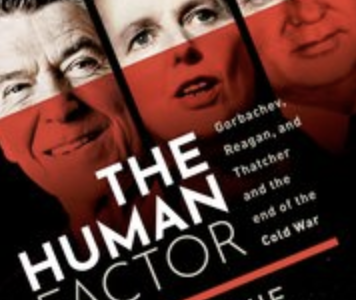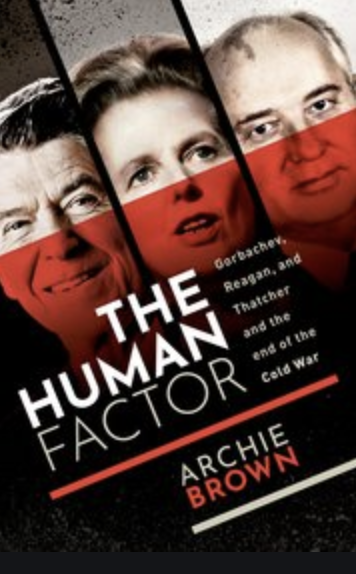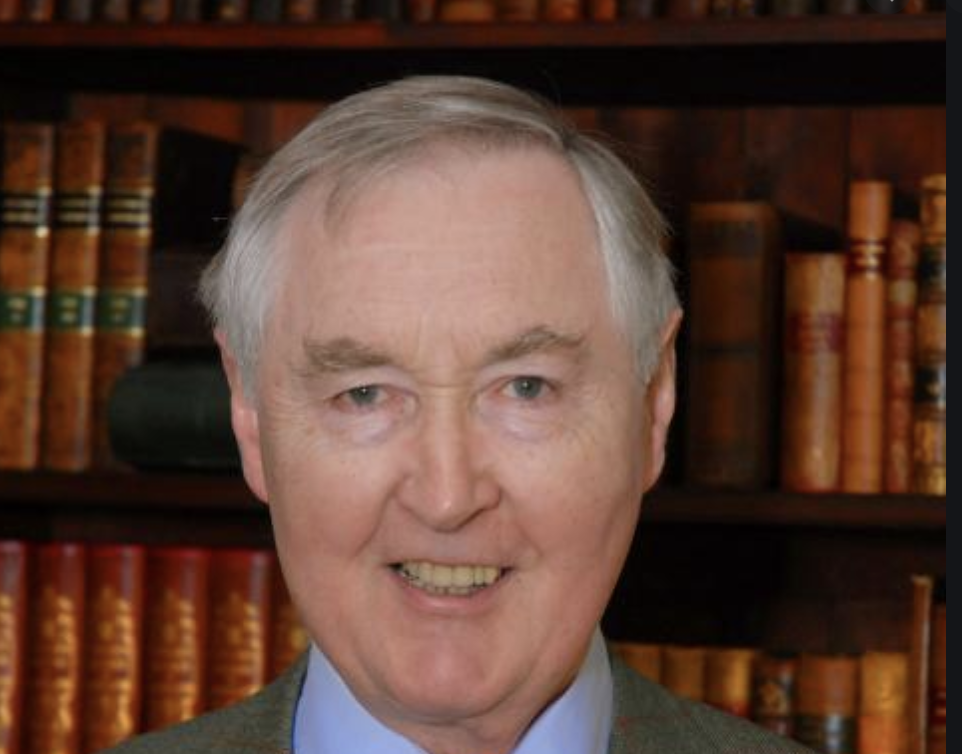
How Cold War was won by soft power


The Human Factor a penetrating detailed analysis of the role of political leadership in the cold war’s ending by Emeritus professor of politics Archie Brown.
From March 1985 to December 1991, Mikhail Gorbachev helped to transform Russia into a society freer than at any time in its 1000-year-old history, by putting relations between Moscow and western countries on a positive note but also unwittingly precipitated the demise of Soviet Union.
Gorbachev’s internal reforms and lowering the international tensions, relaxation of political condition within Russia by discarding communist dogmas to completely rethink Soviet Union foreign policies.
President Vladimir Putin, who cracked down on domestic unrest in 2011-12, and assaulted Ukraine in 2014.
Archie Brown’s The Human Factor, surveys the end of the cold war and the roles played by Gorbachev, Ronald Regan and Margaret Thatcher, and highlights the liberalisation and evolving democratisation of the Soviet Union political system, accompanied by new freedom of speech, contributing greatly to the growth of international trust.
Brown who was one of the Soviet specialists whom Margaret Thatcher summoned to Chequers in September 1983 for a seminar on east-west relations says : “it is highly misleading to attribute the cold wars outcome to US military pressure on Soviet Union as even the west’s increasing economic and technological superiority was not decisive.”
Brown argued the western isolation of Russia did not promote internal change, but contacts at all levels of political system and society tended over time to bring results.
In December 1984, Mrs Margaret Thatcher, an important bridge between two superpowers, met Gorbachev three months before he became the Soviet leader and declared: “I like Mr. Gorbachev. We can do business together”.
Ronald Regan, a New Deal Democrat, as a young man, but an anti-communist Republican hardliner by the 1950s adored Margaret Thatcher saying “ the only European leader I know, with balls” although Thatcher had doubts about Regan’s intelligence.
After meeting Regan in the Oval office early in his presidency, Thatcher turned to Lord Carrington, her foreign secretary, pointed to her and murmured “Peter, there’s nothing there”.
Gorbachev would have agreed with declassified Politburo minutes which show that after a US-Soviet summit at Reykjavik in 1986, he rallied to his colleagues that Regan – who refused to give up his dream of a “Star Wars” space-based anti-missile defence –had displayed extreme primitivism, a caveman cast of mind and intellectual feebleness”.
However, Regan once said to Gorbachev by saying “ if aliens from another planet threatened Earth, the US and the USSR would surely work together.
The Human Factor: Gorbachev, Regan and Thatcher and the end of the cold war by Archie Brown. Oxford University Press £25, 512 pages.
